When I think of technology my mind jumps to downtown Chicago and what it takes to make folks stand up down on Michigan Avenue. Wires? Obviously. Nano-something? You betcha. Sucking data collection that makes the writing of George Orwell look downright adorable?
Dude, this is the 21st Century. We have refrigerators capable of running their own police states.
So maybe we don’t always get it quite right… Instead let’s talk about what’s changing the world for the rest of the world.
Motorbikes
Distant cousin to Harley Davidson the motorbike is above all else simple. No wifi or radio or climate control, no need for smooth roads or fancy pumps, these are just two wheels, rough shocks, a plastic gas tank and an engine that doesn’t know the meaning of the word “flooded.” Motorbikes make Jeeps look like divas.
And they’re humanity’s vehicle of choice.
To travel virtually anywhere in South Asia is to live in perpetual fear of getting run down by a rogue motorbike. They crowd the streets, spill onto the sidewalks and handle virtually any terrain or weather imaginable. You’ve never really been to Bangkok until some asshole has revved his bike at you on a crowded sidewalk or taken a shortcut past you at the bar.
The motorbike has knit together the world in places where “road” is a matter of interpretation. It’s brought transportation to billions of people and connected previously isolated communities. Cheap, supremely reliable and ready for anything, this is the infrastructure for more than half the planet.
Meanwhile the Peace Corps has a zero tolerance policy for volunteers who even accept a ride, showing just how in touch we still are with the rest of the world.
Internet Cafes
Complain all you want about cable companies (and I have much to say), but at least they deliver service that mostly works at a price that most can pay. For many parts of the world those in-house connections remain a vastly unaffordable luxury.
That’s where Internet cafes come in. Ranging from sleek to sketchy and everything in between, these deliver access to chat, e-mail, social media, online banking, gaming and everything else to virtually everyone. I can find stories from someone living in a remote corner of India, read his local news paper and even swap e-mails and all because he can get online.
The Internet is how we followed the protests in Tehran. It’s how my fellow lawyer-turned-writer Jodie Ettenberg live-broadcast protests in Bangkok. It breaks the silence, but it only works when people can get online. Internet cafes let that happen and this world would be a different place without them.
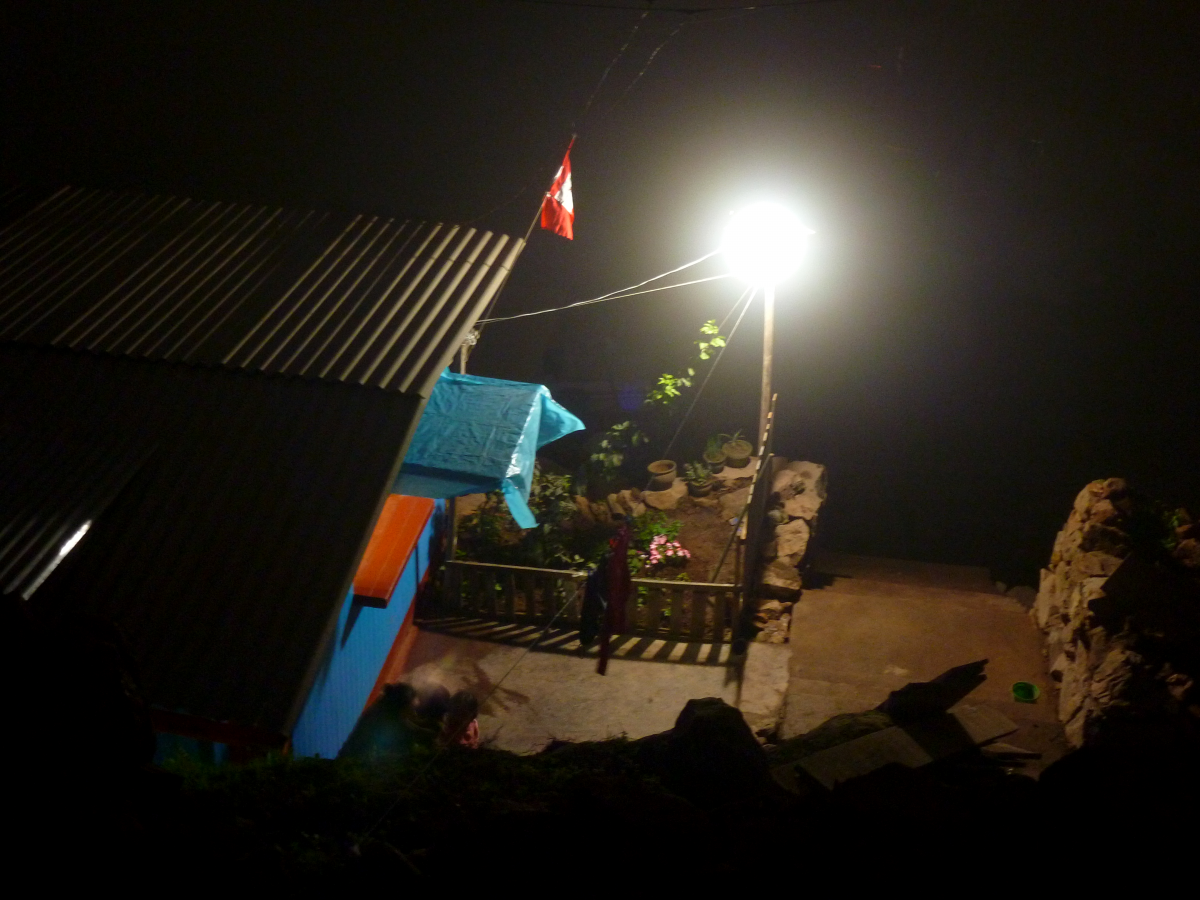
A local shop in the San Juan de Mira Flores neighborhood of Lima.
Car Batteries
When was the last time you popped the hood to hook up a light bulb? Turns out it can be done, which surprised me frankly because I would have chalked that off as just a really good way to start a fire.
Not so. Drive down the dark streets in rural Cambodia, Peru or Vietnam and you’ll pass shop after shop stacked high with freshly charged batteries, ready to deliver strong, usable current to places where power lines don’t go.
These can power lights, TV’s, laptops, an entire (small) home without the need for a grid. They have brought the 21st Century to the corners of the map and allow a community abandoned by its government to build its own infrastructure.
When you round a pitch black corner in Cambodia and see a pool of light up ahead, it’s someone who decided not to wait for the wires to come to him.
Bottled Water
Like batteries, bottles of water can go where the infrastructure can’t.
Usually I hate these goddamn things. What else in modern America so efficiently synthesizes idiotic uselessness with brutal environmental catastrophe? Most of these bottles literally sell city tap water, packaged and advertised as something sleek for uptown yuppies to plonk down $1.50 for.
Let’s not even get started on the Great Pacific Garbage Patch, a mass of floating plastic and death big enough to surrender to the Germans.
That said… it’s a different story in the thousands of communities where these little bottles bring clean, potable water to millions, even billions, of people who’d otherwise have to keep taking their chances with dysentery. While it’s true that the existence of this half measure may prevent local governments from building up local infrastructure, in the short term they’re a solution. For many communities they’re the only solution.
By the pallet these move around the world to places where no one would or could run clean plumbing. For a New Yorker on the go they’re a ridiculous indulgence. On the Indonesian island of Lombak, they mean water without consequences.
- Write More Listicles - August 12, 2021
- Find The Hard Interview - July 28, 2021
- Using Your Voice - August 22, 2018

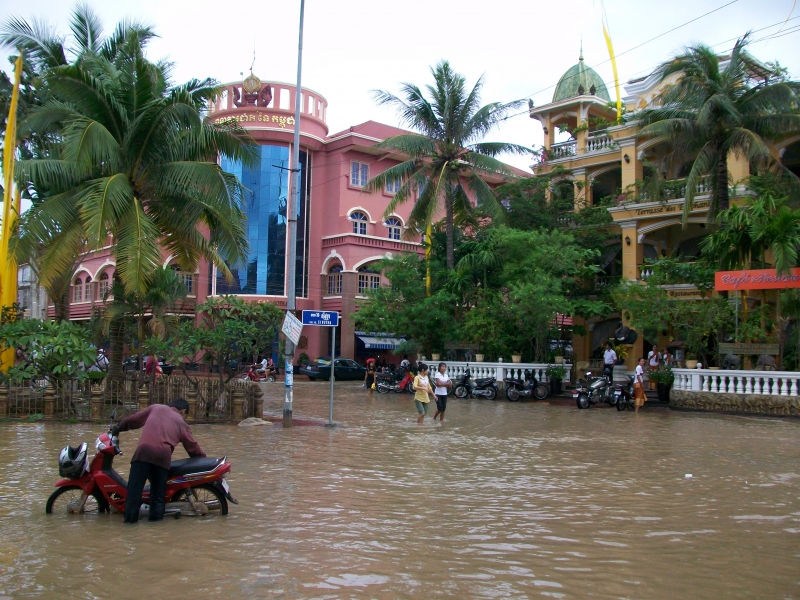
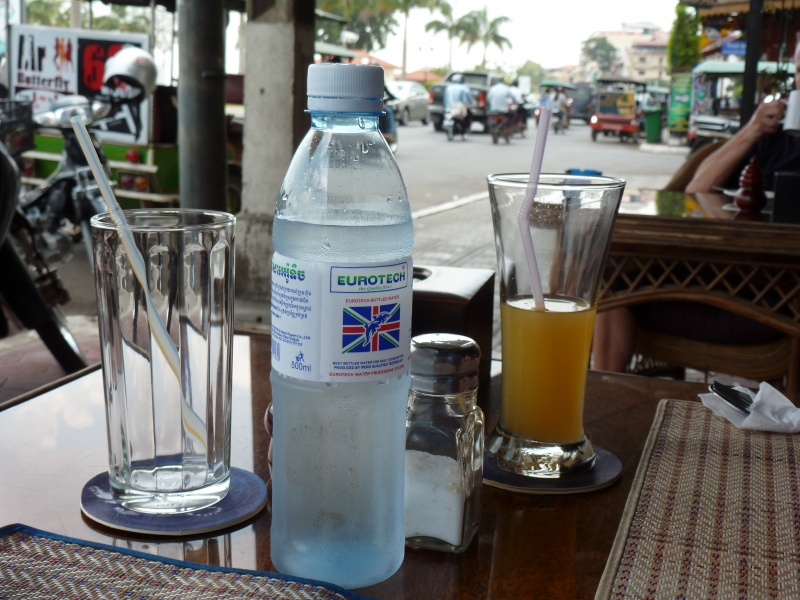
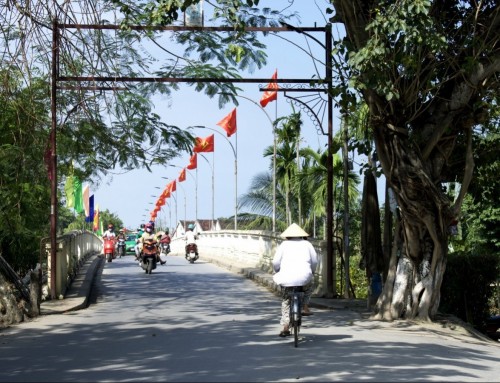
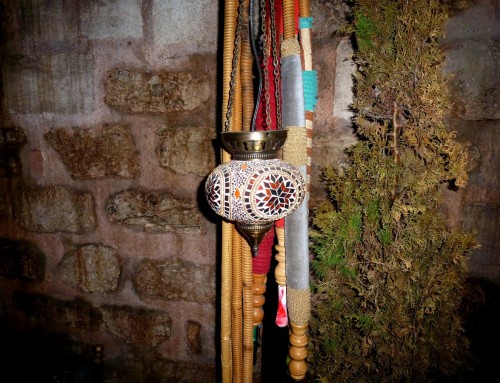
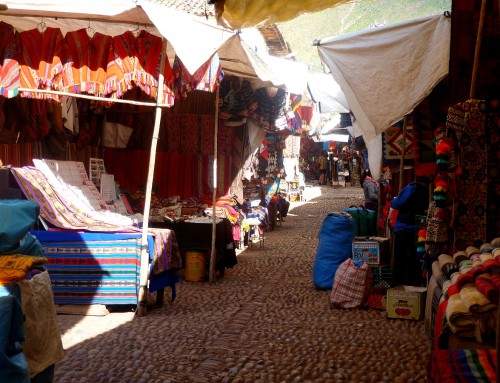
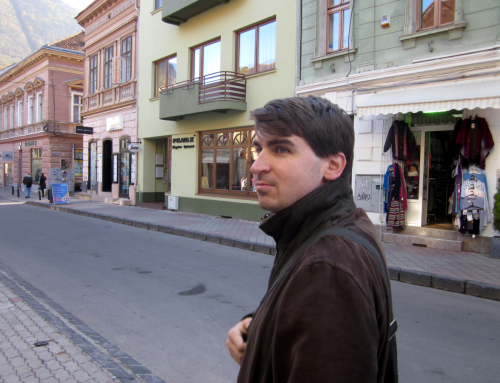

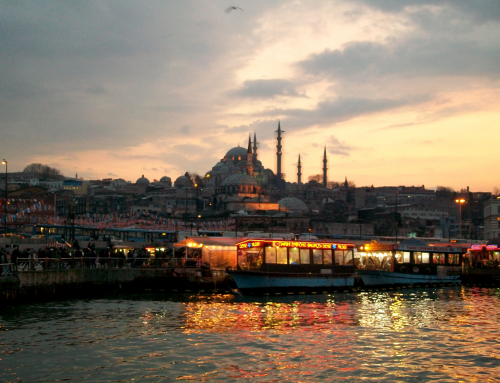
Leave A Comment